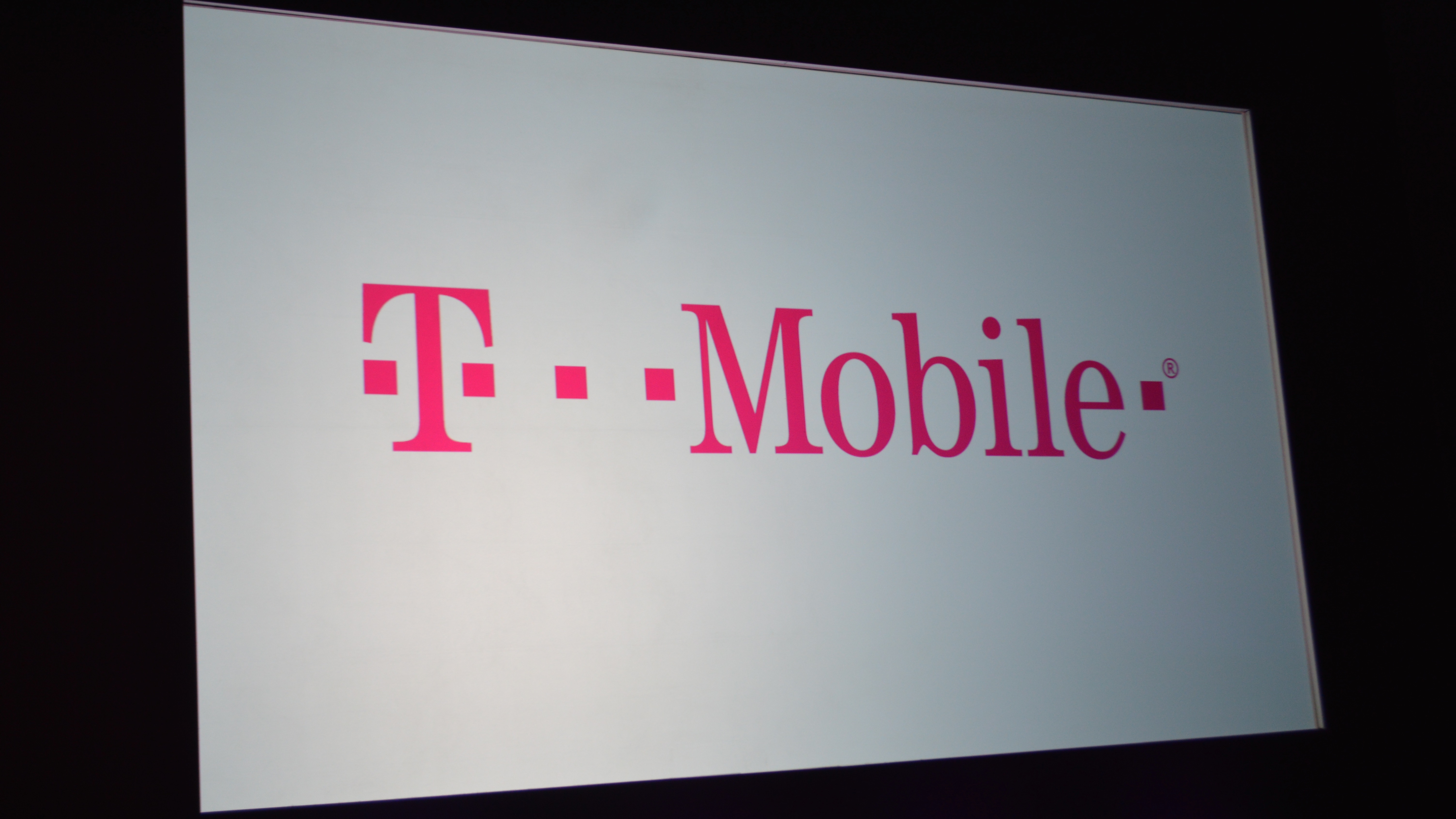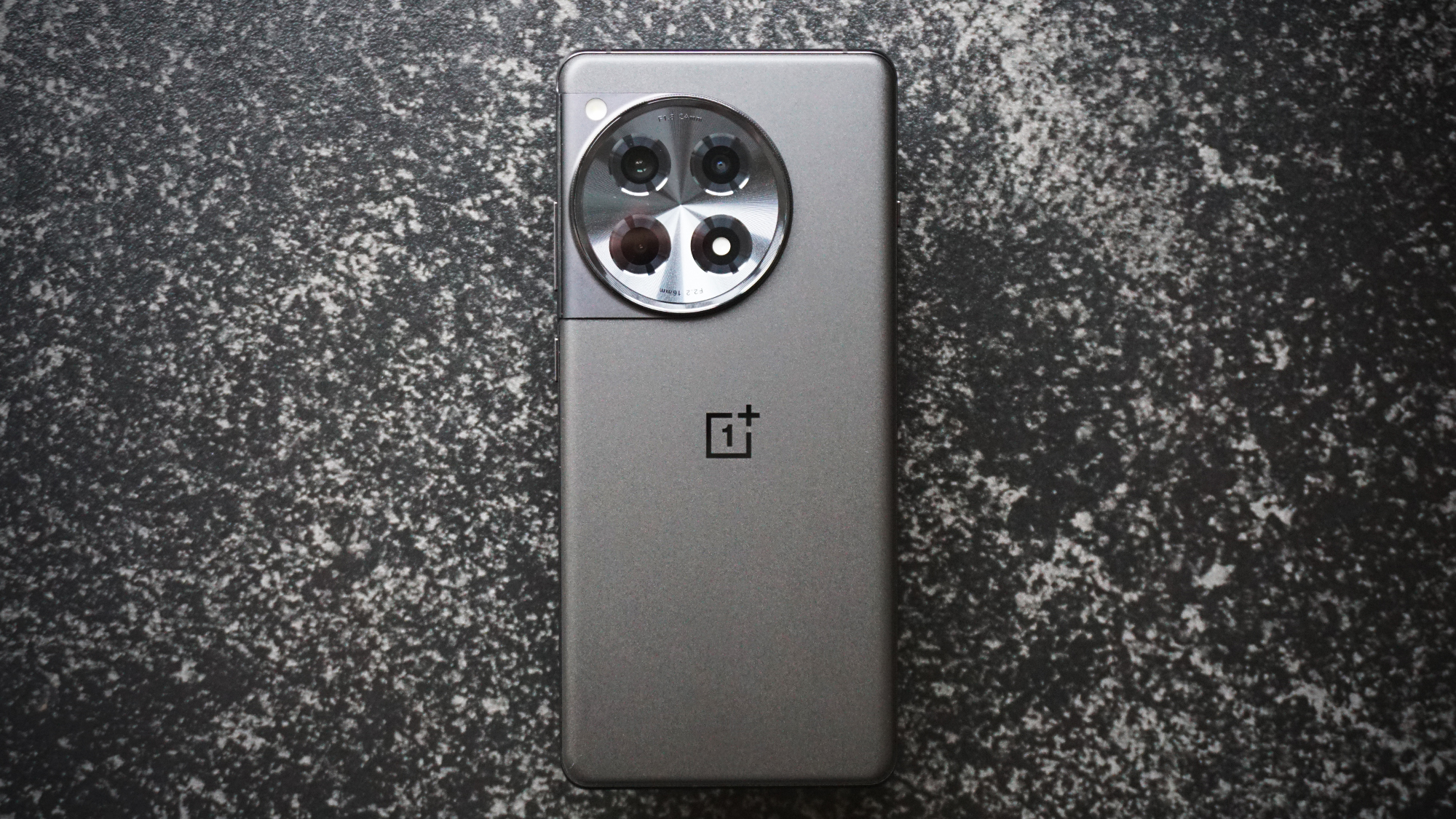The first UEFI bootkit malware for Linux has been detected, so users beware
published 28 November 2024
Malware isn’t fully functional, but it has potential

- ESET researchers uncover ‘Bootkitty’, a first-of-its-kind UEFI bootkit for Linux
- Bootkitty seems to be in early stages of development, but could pose a major risk
- Linux users warned to be on their guard against possible attacks
UEFI bootkits are reportedly making their way into Linux, researchers from ESET have warned, after spotting a first-of-its-kind Linux UEFI bootkit, which seems to either be an experimental version, or a version in early development stages.
UEFI bootkits are sophisticated malware targeting the Unified Extensible Firmware Interface (UEFI), which is responsible for booting an operating system and initializing hardware. These bootkits compromise the firmware at a low level, meaning that even reinstalling the operating system, or even replacing the hard drive, does not eliminate the malware’s presence. Even antivirus programs have difficulties spotting them.
They enable attackers to control the system from its earliest stages of boot, often used for espionage, surveillance, or launching other malicious payloads. By rooting themselves so deep into a system, UEFI bootkits are often very hard to detect or remove.
Bootkitty
The variant ESET’s researchers found is called ‘Bootkitty’, and given its state, features, and operational level, they believe that it is still in early development stages.
Bootkitty relies on a self-signed certificate, which means it won’t run on systems with Secure Boot – therefore, it can only target some Ubuntu distributions.
Furthermore, the use of hardcoded byte patterns and the fact that the best patterns for covering multiple kernel or GRUB versions were not used, means that the bootkit cannot be widely distributed. Finally, Bootkitty comes with many unused functions, and does not have kernel-version checks, which often results in system crashes.
In any case, the finding marks an important moment in the development and destructive potential of UEFI bootkits.
Are you a pro? Subscribe to our newsletter
Sign up to the TechRadar Pro newsletter to get all the top news, opinion, features and guidance your business needs to succeed!
While all evidence points to a piece of malware that can hardly do any meaningful damage, the fact remains that bootkits made their way to Linux. And with so many devices being powered by the OS, the attack surface is absolutely massive.
Via BleepingComputer
You might also like
- This dangerous UEFI bootkit can hijack your Windows PC with ease
- Here’s a list of the best firewalls today
- These are the best endpoint protection tools right now
Sead is a seasoned freelance journalist based in Sarajevo, Bosnia and Herzegovina. He writes about IT (cloud, IoT, 5G, VPN) and cybersecurity (ransomware, data breaches, laws and regulations). In his career, spanning more than a decade, he’s written for numerous media outlets, including Al Jazeera Balkans. He’s also held several modules on content writing for Represent Communications.

Top gaming engine Godot hijacked to infect thousands of PCs with malware
If you didn’t think Norton had a VPN, its Black Friday deal should make you reconsider

I’m a home appliances expert, and these are the best Black Friday vacuum deals to buy
Most Popular











-
 1The first UEFI bootkit malware for Linux has been detected, so users beware
1The first UEFI bootkit malware for Linux has been detected, so users beware -
2I’m a home appliances expert, and these are the best Black Friday vacuum deals to buy
-
3This fantastic Seagate Game Drive bargain is the best PlayStation 5 accessory Black Friday deal I’ve found so far
-
4Want to get into vinyl? Get a fully-fledged wireless setup with these turntable and Bluetooth speaker Black Friday 2024 deals
-
5The best Black Friday HP laptop deals – save up to 48% on budget-friendly laptops






